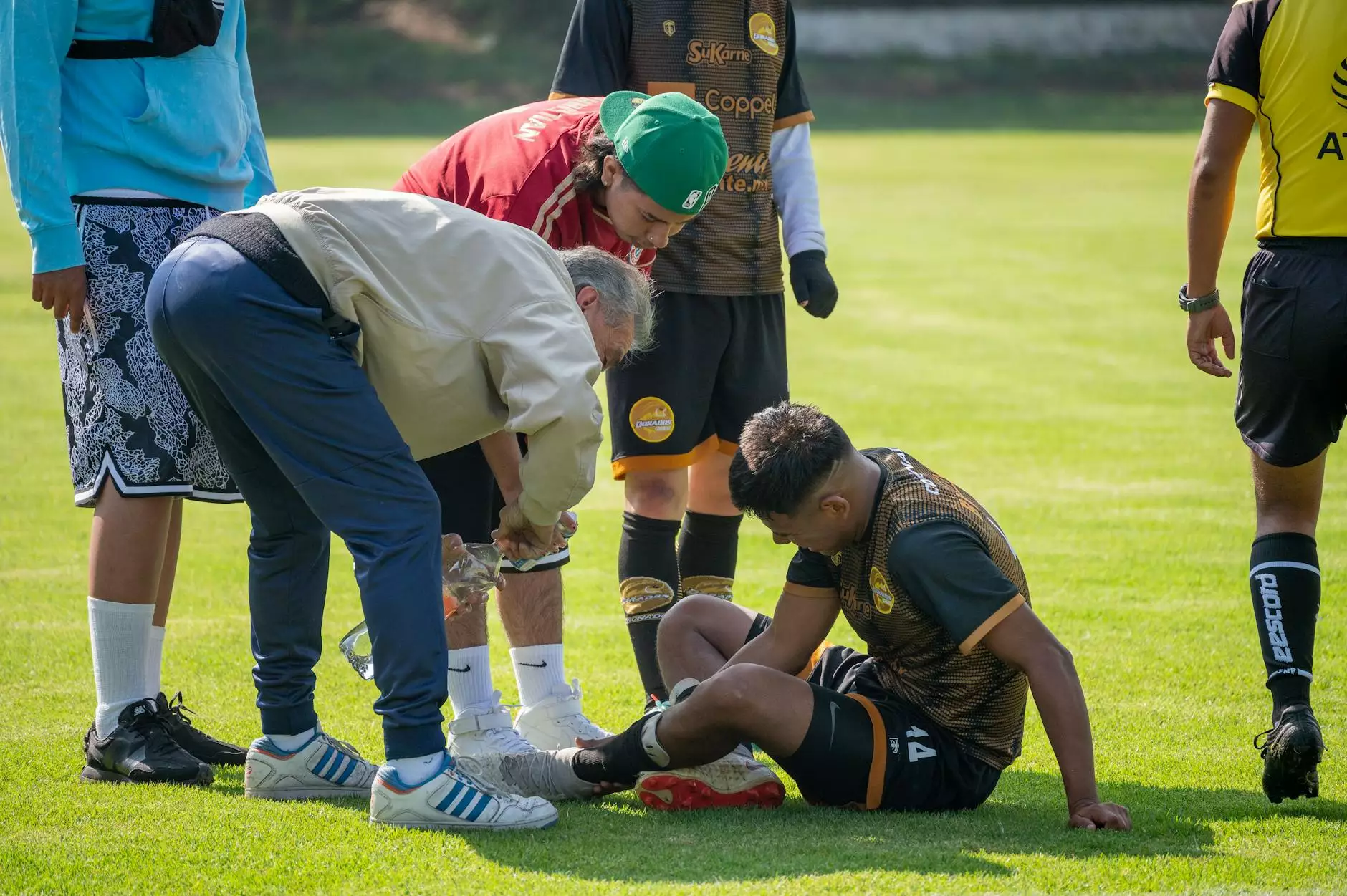Deep Vein Thrombosis: Causes, Treatment, and Prevention

Understanding Deep Vein Thrombosis
Deep Vein Thrombosis (DVT) is a serious condition that occurs when a blood clot forms in one or more deep veins in the body, typically in the legs. If left untreated, DVT can lead to severe complications such as pulmonary embolism, where the blood clot travels to the lungs.
Causes of Deep Vein Thrombosis
There are several factors that contribute to the development of DVT, including:
- Immobilization or prolonged bed rest
- Injury or surgery that affects the veins
- A history of DVT or family history of blood clotting disorders
- Smoking
- Obesity
- Use of certain medications such as hormonal birth control
- Pregnancy
- Underlying medical conditions like cancer or heart disease
Treatment Options for Deep Vein Thrombosis
At Vein Center of Arizona, our experienced doctors specialize in providing comprehensive treatment for DVT. The primary goals of DVT treatment include:
- Preventing the blood clot from growing larger
- Preventing the clot from traveling to the lungs
- Reducing the risk of future blood clots
- Relieving symptoms associated with DVT
Our doctors may recommend the following treatment options:
- Anticoagulant Medications: Often referred to as blood thinners, these medications help prevent new clots from forming and existing clots from getting larger.
- Thrombolytic Therapy: This treatment involves the use of medication to dissolve the blood clot, especially in cases of severe DVT.
- Compression Stockings: These specially fitted stockings help improve blood flow and reduce swelling in the affected leg.
- Inferior Vena Cava (IVC) Filter: In some cases, our doctors may recommend a minimally invasive procedure to insert a filter into the vena cava, a large vein that carries blood from the lower body to the heart, to prevent blood clots from traveling to the lungs.
- Vein Thrombectomy: This surgical procedure involves the removal of the blood clot from the affected vein.
Prevention Strategies for Deep Vein Thrombosis
While DVT is a serious condition, there are steps you can take to reduce your risk:
- Stay Active: Regular exercise and avoiding prolonged periods of inactivity can help improve blood circulation.
- Maintain a Healthy Weight: Obesity is a risk factor for DVT, so maintaining a healthy weight is crucial.
- Avoid Smoking: Smoking can damage blood vessels and increase the risk of blood clots.
- Stay Hydrated: Drinking plenty of water helps prevent dehydration, which can contribute to the formation of blood clots.
- Follow Medication Instructions: If you're prescribed anticoagulant medication, be sure to take it as directed and attend regular check-ups with your doctor.
- Consider Compression Stockings: If you're at high risk for DVT, wearing compression stockings may help improve blood flow and reduce the risk of clots.
- Consult a Vascular Specialist: If you have a family history of DVT or other risk factors, consult with a vascular specialist who can provide personalized recommendations.
Choose Vein Center of Arizona for Vascular Medicine
When it comes to your vascular health, trust the expert doctors at Vein Center of Arizona. Our team of dedicated professionals is committed to providing the highest quality care for patients with conditions like DVT.
With state-of-the-art facilities and advanced treatment options, we prioritize individualized patient care and strive to deliver the best outcomes possible.
If you have concerns about deep vein thrombosis or any other vascular condition, contact Vein Center of Arizona today to schedule a consultation with one of our experienced doctors.
deep vein thrombosis causes treatment








